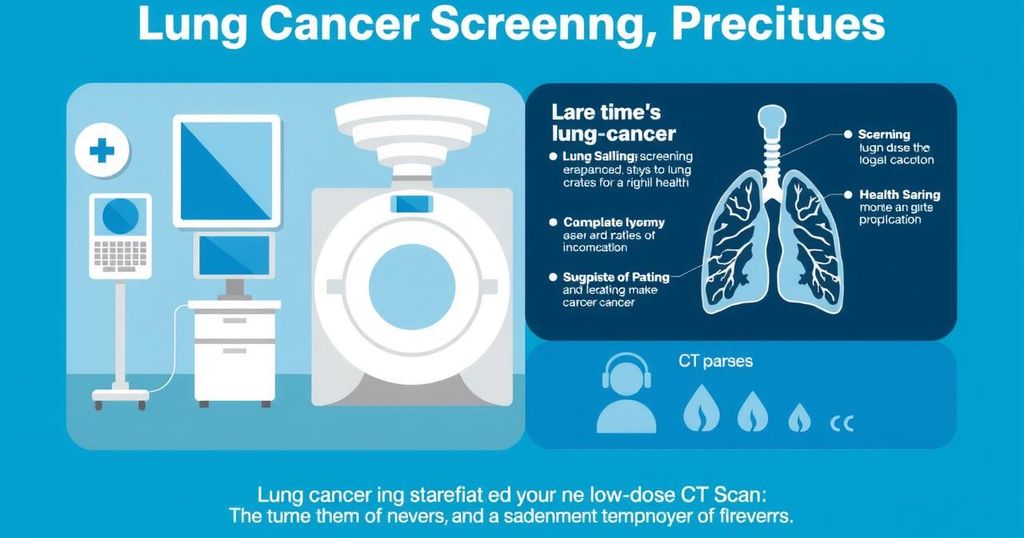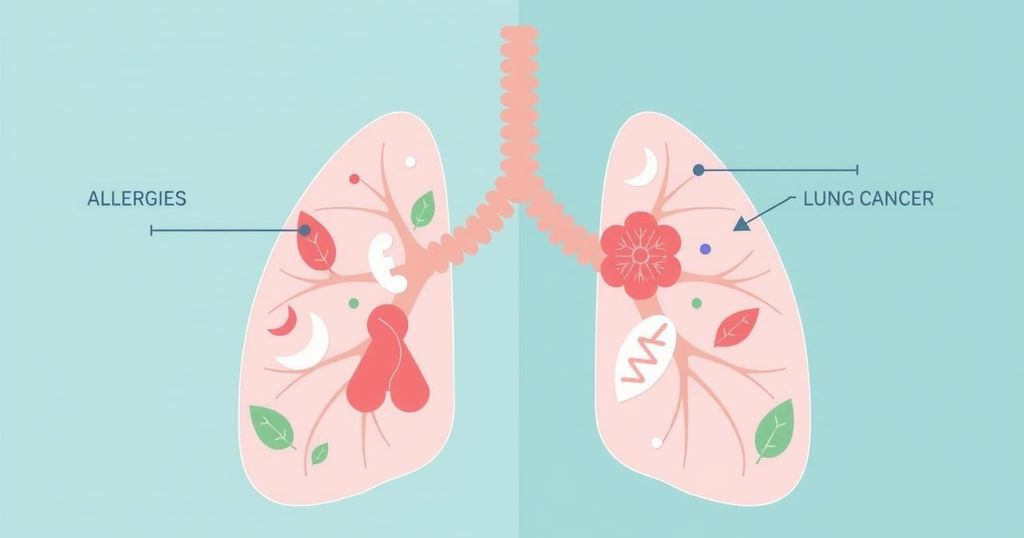Dalpiciclib Plus Endocrine Therapy Perpanjang Kelangsungan Hidup Bebas Penyakit Invasif pada Kanker Payudara HR+/HER2–
- Dalpiciclib enhances progression-free survival in HR+/HER2– breast cancer.
- The DAWNA-A trial presented significant results at the ASCO Annual Meeting.
- Invasive disease-free survival improved with dalpiciclib plus endocrine therapy.
- 3.7% of patients experienced treatment-related adverse events with dalpiciclib.
- No treatment-related deaths occurred among patients involved in the trial.
Dalpiciclib Shows Promise in Advanced Breast Cancer Treatment
Dalpiciclib, an oral CDK4/6 inhibitor developed by Jiangsu Hengrui Medicine, has emerged as a vital player in the treatment of HR+/HER2- advanced breast cancer, enhancing progression-free survival (PFS). Results from the DAWNA-A trial, unveiled at the 2025 American Society of Clinical Oncology Annual Meeting, indicate significant improvements when dalpiciclib is combined with endocrine therapy (ET). The findings stem from the first interim analysis of the phase 3 study, which illustrates promising potential for patients dealing with this challenging cancer type.
Detailed Results from the DAWNA-A Trial
In the DAWNA-A trial, about 5,274 patients aged 18 to 75 were enrolled, focusing on those with confirmed ipsilateral axillary lymph node involvement. Participants were assigned to receive daily dalpiciclib along with ET or a placebo alongside ET. The initial results spotlight invasive disease-free survival (iDFS) as the primary endpoint, while secondary outcomes include disease-free survival (DFS) and overall survival (OS). With a median follow-up of 20.3 months, those on the dalpiciclib-ET combination showed a significant iDFS advantage over the placebo group, highlighting a considerable stride in treatment effectiveness.
Safety and Acceptability of Dalpiciclib Treatment
The safety profile regarding dalpiciclib was favorable, with reports indicating a low rate of treatment-related adverse events (TRAEs). Only 3.7% of patients in the dalpiciclib group reported TRAEs compared to 1.5% in the placebo cohort, with only a small fraction discontinuing treatment due to adverse effects. In discussions following the presentation, Dr. Zhi-Ming Shao from Fudan University emphasized the noteworthy results, advocating for the neoadjuvant utilization of dalpiciclib paired with ET, particularly in populations in China.
The DAWNA-A trial indicates that dalpiciclib combined with endocrine therapy significantly improves invasive disease-free survival in HR+/HER2- breast cancer patients. With a positive safety profile and no treatment-related deaths recorded, this combination therapy appears to offer a promising new option for individuals grappling with advanced breast cancer. Continued research and insights from the trial support its utilization, particularly within Chinese demographics.




Post Comment